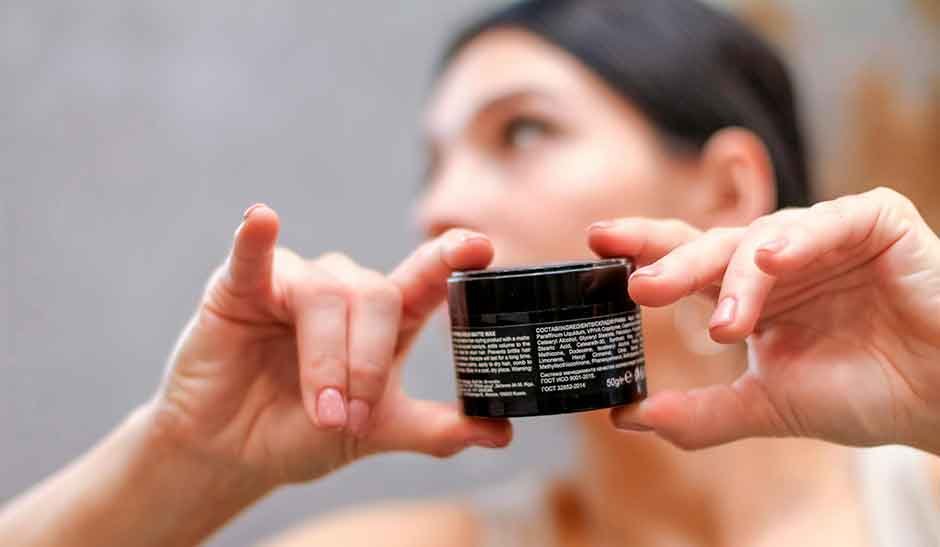Navigating the wellness aisle can feel overwhelming. With countless products promising better sleep, stronger immunity, improved digestion, and more, it’s easy to get lost in a sea of labels, claims, and ingredients. For parents, professionals, and health-conscious individuals alike, choosing high quality wellness products is about safety, efficacy, and long-term health outcomes.
Understanding how to read and interpret product labels is essential. From supplements to skincare, the fine print often holds the key to whether a product will truly support your wellness goals or simply drain your wallet. This guide breaks down the most important factors to consider when evaluating wellness products, helping you make informed choices with confidence.
Ingredients That Matter
The ingredient list is the foundation of any wellness product. Look for transparency and simplicity. Products with long lists of unrecognizable chemicals or vague terms like “proprietary blend” should raise a red flag. Instead, prioritize items that use whole-food-based ingredients, clinically studied compounds, and clear dosages.
For example, if you’re shopping for a multivitamin, check whether the nutrients are in bioavailable forms. Methylated B vitamins, chelated minerals, and natural vitamin E (d-alpha-tocopherol) are more easily absorbed by the body than synthetic alternatives. Avoid artificial colors, flavors, and preservatives, which can contribute to inflammation or allergic reactions in sensitive individuals.
Certifications and Third-Party Testing
One of the most reliable ways to assess product quality is through certifications and third-party testing. Look for seals from organizations like NSF International, USP (United States Pharmacopeia), or ConsumerLab. These indicate that the product has been independently tested for purity, potency, and safety.
Organic certification is also important, especially for herbal supplements and food-based products. It ensures that the ingredients were grown without synthetic pesticides or genetically modified organisms. For skincare and personal care items, cruelty-free and non-toxic certifications can help you avoid harmful additives and support ethical practices.
Understanding Label Claims
Marketing language on wellness products can be misleading. Terms like “natural,” “clean,” or “doctor-formulated” are not regulated and can vary widely in meaning. Instead of relying on front-of-package claims, flip the product over and examine the Supplement Facts or Ingredients panel.
Pay attention to serving sizes and suggested use. A product may appear potent, but if the serving size is unrealistic or requires multiple doses per day, it may not be practical or cost-effective. Also, be wary of exaggerated health claims. No supplement can cure diseases or replace a balanced diet and lifestyle. Look for products that support wellness goals rather than promise miracles.
Trusted Brands and Expert Formulations
When evaluating supplements, it helps to look into who’s behind the formulation. Some brands are developed by practitioners or researchers with a background in functional medicine, which can offer more targeted support. Professionals like Dr. Ben Lynch are known for creating supplements that focus on genetic pathways and methylation, which may be relevant for individuals with specific nutritional needs. While not every product needs to be specialized, understanding the philosophy behind a brand can guide smarter choices, especially when dealing with complex health concerns.
Tailoring Choices to Your Needs
Not every wellness product is right for every person. Age, gender, lifestyle, and health status all influence what your body needs. For example, athletes may require higher levels of magnesium and electrolytes, while older adults might benefit from vitamin D and bone support. Parents shopping for children should look for age-appropriate formulations with safe dosages and minimal additives.
Consulting with a healthcare provider or functional medicine practitioner can help you identify specific deficiencies or imbalances. Personalized recommendations based on lab testing or health history are far more effective than generic solutions. Keep in mind that wellness is a journey, and your needs may evolve over time.
Conclusion
Decoding labels is more than a skill; it’s a form of self-care. By learning to interpret ingredients, certifications, and claims, you can protect your health and invest in products that truly support your wellness goals. Whether you’re building a supplement routine, switching to non-toxic skincare, or simply trying to make smarter choices at the store, knowledge is your most powerful tool. With a discerning eye and a commitment to quality, you can navigate the wellness world with confidence and clarity.










